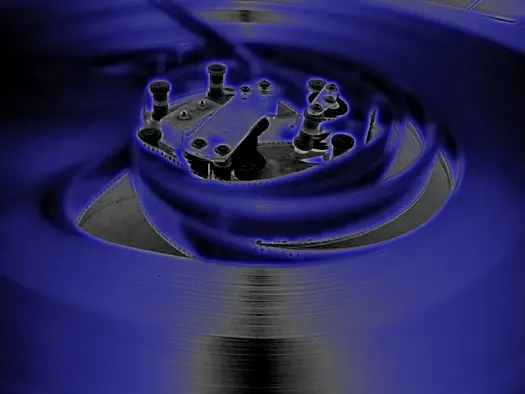I enjoy conjecture and CGI and what-ifs. But the idea of primordial black holes being dark matter? Huge gravitational wells repulsing things? I’m a layman, so this seems as implied by word choice and emphasis.

The question of dark matter is something that is gravitational and invisible spread in patches around the universe that can’t seem to be tracked. The idea of primordial black holes (that are clearly gravitational and they are invisible) fits the amount of dark matter predicted by our mathematical calculations under specific circumstances which are detailed in the video. It’s a theory, it’s not proven, but would answer a lot of questions.
As far as the gravitational well question… there’s only so much matter that can fit into an atom sized aperature, and all the rest of the matter trying to fit in ends up rotating around the black hole so fast that it flings away other matter trying to get in. Does that help?

It’s a hypothesis. Theory has a very different meaning
Actually, yes. That bit at the end is what I was missing. Thanks!

What about the image shown which is a common depiction? It looks like a donut which we happen to be looking at from an aesthetically pleasing angle.
And why do we not see any stars between us and the darkness of the black hole? I mean there must be plenty of objects too far to be sucked in and yet in the path of our view.
And if it really is donut shaped then if it rotates 90⁰ we would see no hole just a thick line of the stuff circling it and yet we never see images like that.
The way it is usually verbally described however I would have thought a black hole is in the center of a sphere so that the image should just look like a circle (no hole) and yet I don’t ever recall seeing an image like that.

Not entirely sure what you mean, but the image in the thumbnail is taken from a video describing an old theory that stars might have a black hole at their center. It would just look like a star. You couldn’t see the black hole, but they visually cut out a section allowing you to see the center.

Why does an actual photo show the hole visible?

That’s a regular black hole not a star, you’re seeing a glowing disc of material orbiting the black hole’s event horizon

I would call it an annulus or ring rather than a disc. Regardless, would we even see the black hole if it was oriented side on?
Nobody says it is a star. I mentioned a star by saying that surely there would have been at least one star between it and Earth. Or am I (as a non astronomer) underestimating how much space there is in space?

surely there would have been at least one star between it and Earth. Or am I (as a non astronomer) underestimating how much space there is in space?
Yes, you might be underestimating the emptiness of space, but it’s also a case of selection bias. The only stuff we see is stuff that isn’t blocked by something closer. There are black holes out there with a star between us and it, but we don’t know about them because we can’t see them.
A somewhat related fun fact is that we can’t see very far in the plane of our galaxy because our view ends up being blocked by stars and dust. So if you plot the position of the galaxies that we know about, the structure looks like two cones.
The way it is usually verbally described however I would have thought a black hole is in the center of a sphere so that the image should just look like a circle (no hole)
The system of around a black hole (or any other object in the universe) has an angular momentum that is just the sum of the angular momenta of all the parts that make it up. If it’s dense enough that collisions happen frequently (or given enough time), the collisions make it so that all of the constituent parts end up with angular momentum in about the same direction. This is why there’s a disc and not a sphere. Anything with a different angular momentum ends up crossing through the disc, colliding with the stuff in the disc.
And if it really is donut shaped then if it rotates 90⁰ we would see no hole just a thick line of the stuff circling it and yet we never see images like that.
We wouldn’t, actually. Because of the light-bending effects of a black hole, you see the opposite side of the disc over/under the black hole.

Thank you thank you thank you. I have asked this many times and you are the only person to answer it. Now I can pretend to be an astrophysicist at parties ;)


